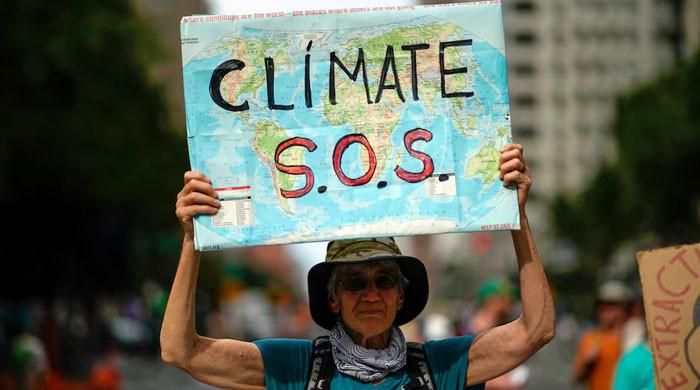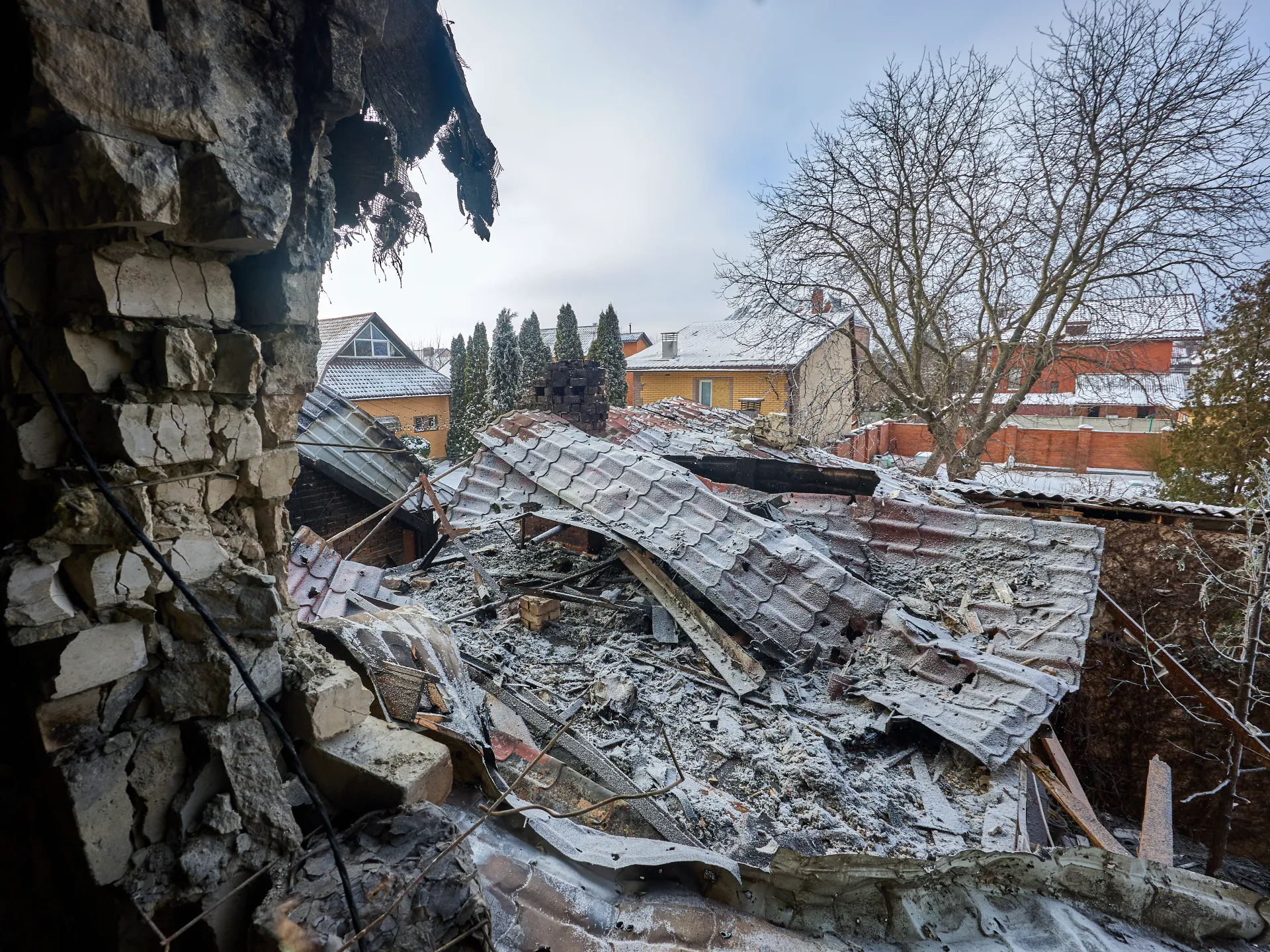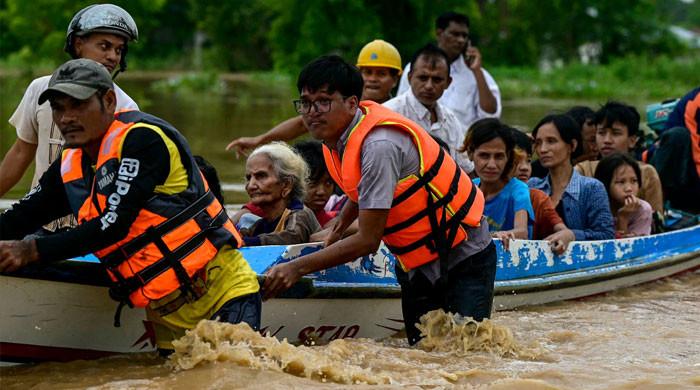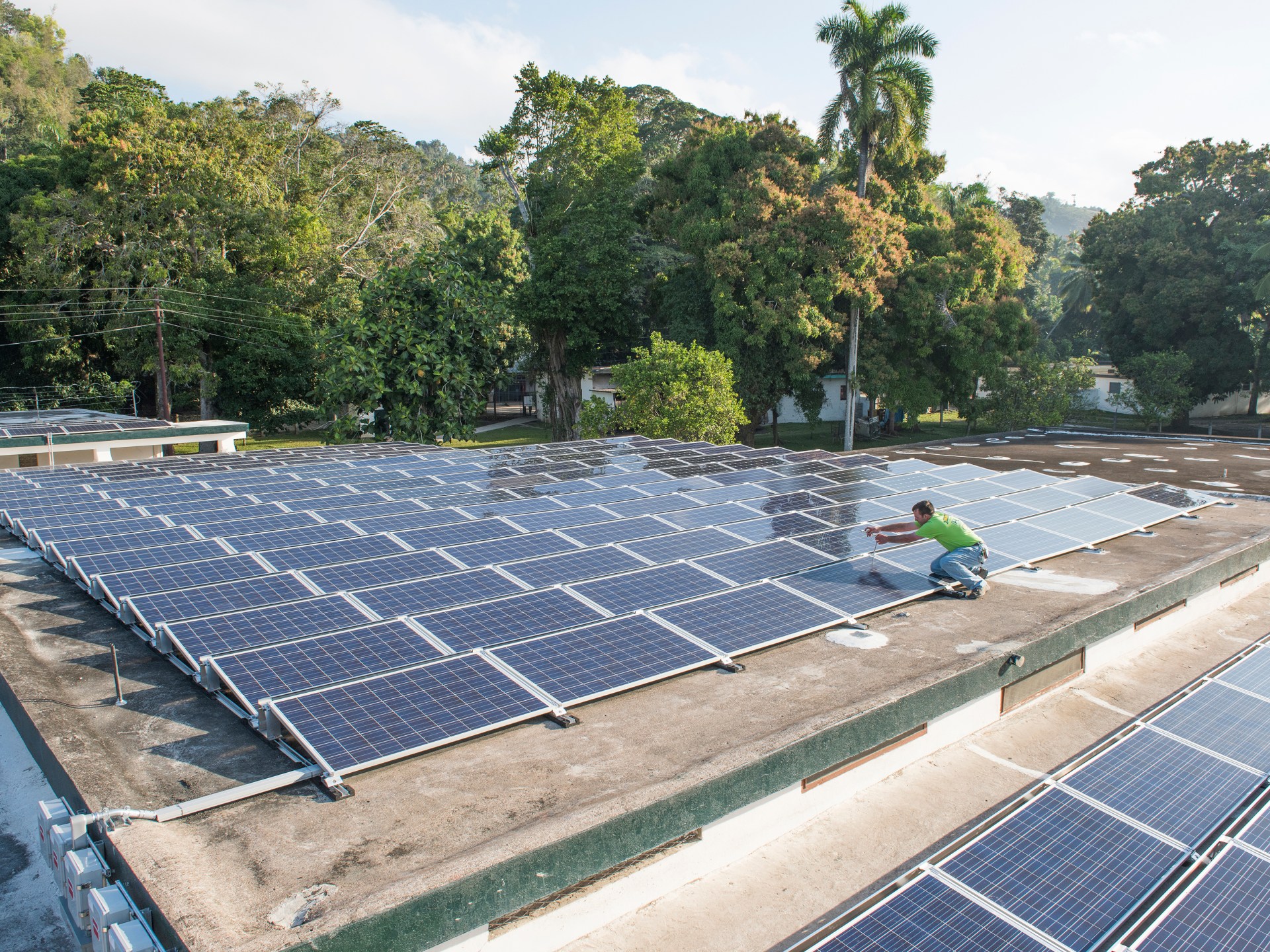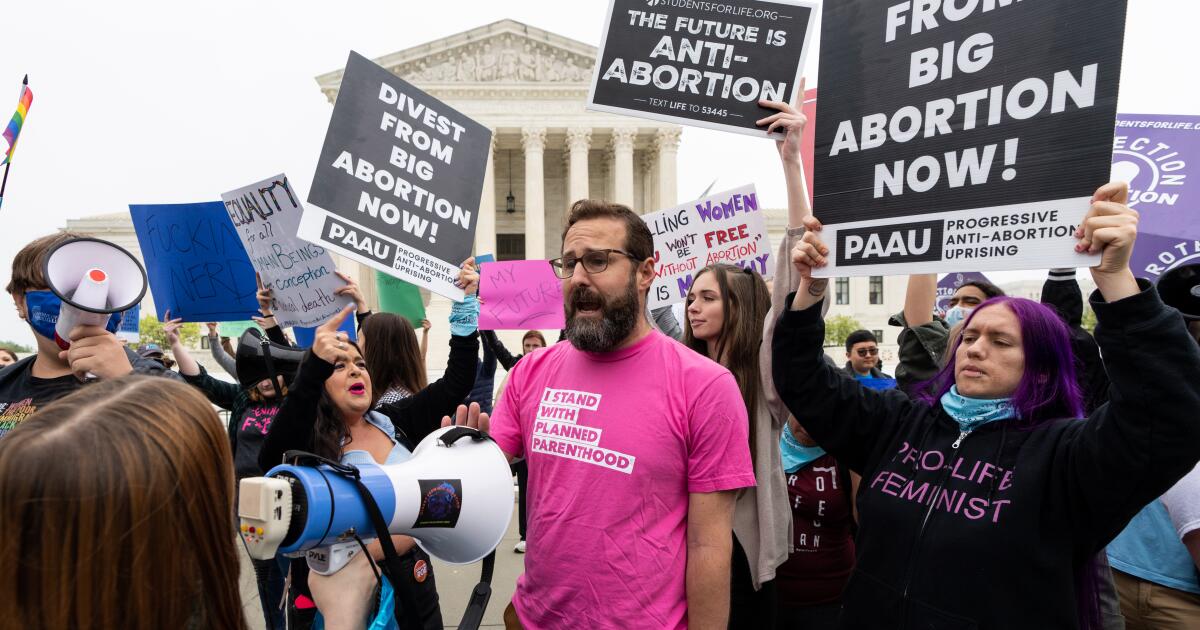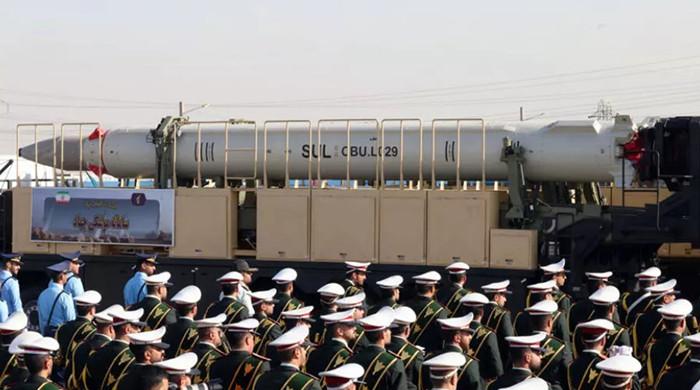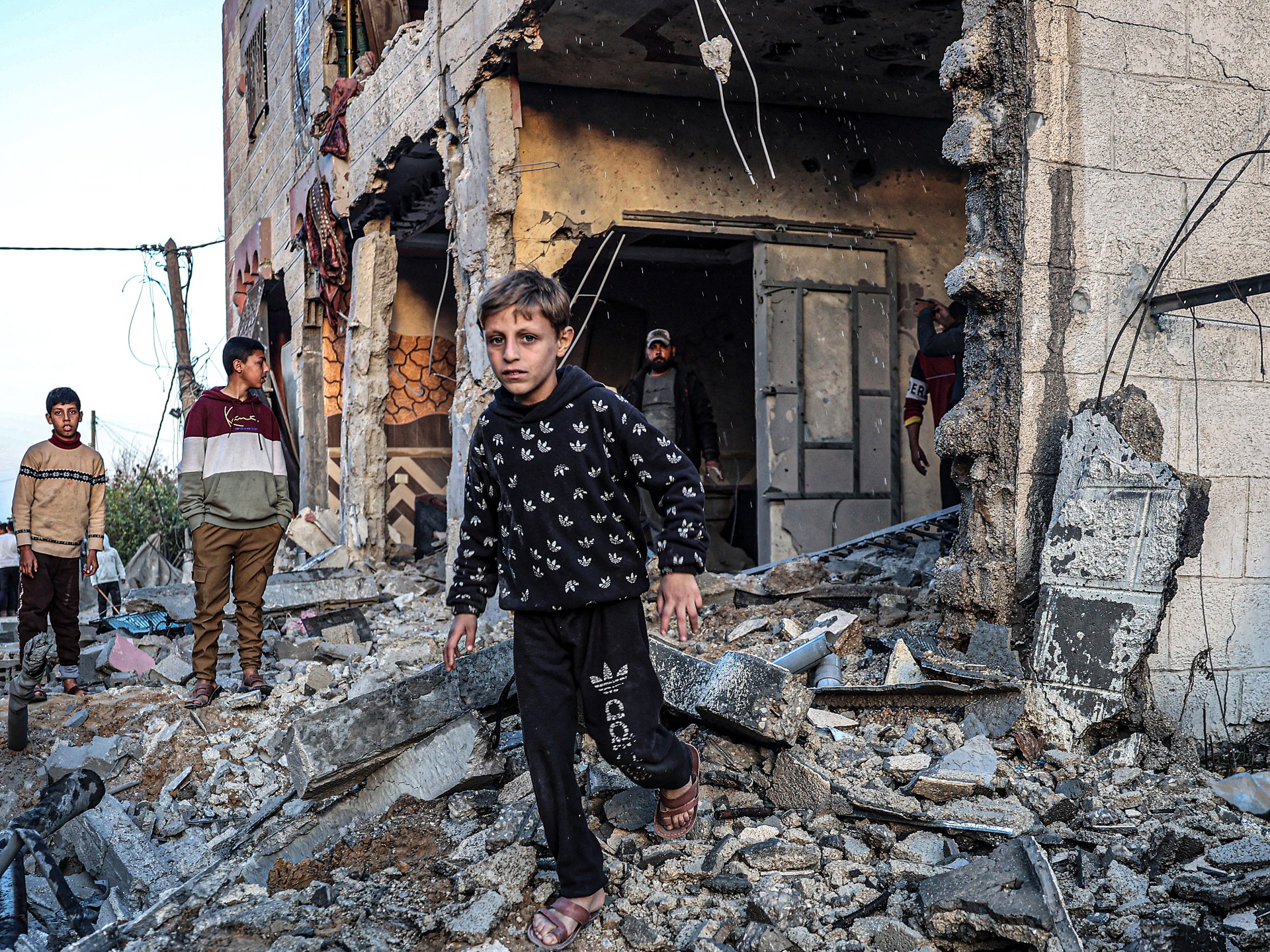- Wealthy nations are expected to pledge funding targets of more than $100 billion.
- Negotiators are far from agreeing on a dollar figure for aid.
- Talks reach a stalematesee who should pay, receive the money.
PARIS: Host countries for this year's United Nations climate summit Conference of the Parties (COP29) have called on countries to start reaching compromises to break the deadlock over how to help poorer countries tackle global warming.
The climate summit in Azerbaijan in November is supposed to produce a global agreement on how rich nations should help finance climate investments in developing countries, but negotiations have stalled.
A crucial diplomatic meeting in Bonn last month ended in a bitter impasse in which countries were unable to make progress on an issue that has eroded trust between nations in climate talks for years.
Developing states need massive investments in energy systems to reduce their own carbon footprint while strengthening their defences against the effects of global warming.
However, the poorest nations are the least responsible for carbon emissions, but they are the ones that suffer the most from global warming.
In a letter to the roughly 200 nations that signed the UN climate accords, COP29 President Mukhtar Babayev lamented the lack of “necessary progress” and warned that time was running out.
“It is clear that we need to rapidly increase the pace of our work. Lost time means lost lives, lost livelihoods and lost planet,” wrote Babayev, a government minister and former executive of Azerbaijan's national oil company.
“We call on all parties to increase the pace of their work and abandon their initial negotiating positions,” he added.
Complex and challenging problem
Wealthy nations have been under pressure to commit to new financing targets that go far beyond the $100 billion a year they pledged in 2009.
Developing countries excluding China will need to increase their current climate investment budgets 25-fold to around $2.4 trillion a year by 2030, according to a UN-commissioned expert assessment – almost 25 times current levels.
Negotiators are far from agreeing on a dollar figure for the aid, and talks are deadlocked over who should pay, in what form the money should be received and who should receive it.
Under a 1992 climate agreement, only a small handful of the then-richest industrialized nations were required to pay climate finance.
But some want to broaden the group of contributors, especially to include China, which is much richer today than it was 30 years ago and the biggest emitter of greenhouse gases.
This has been a failure for developing countries, who have accused rich countries of trying to shirk their responsibilities.
To break the ice, Azerbaijan will host the negotiators for a two-day informal retreat starting on July 26. They have appointed two experienced diplomats — Dan Jorgensen of Denmark and Yasmine Fouad of Egypt — to help the sides move forward.
Babayev said the impasse “will not be resolved by negotiators alone” and called for political leadership on the sidelines to help move discussions toward consensus.

